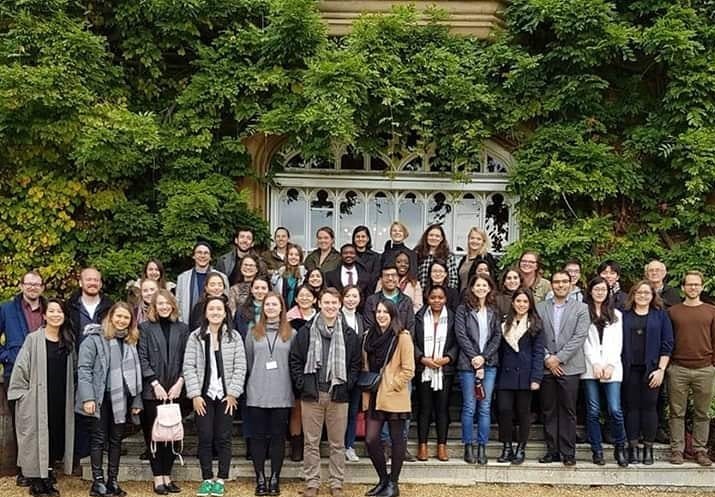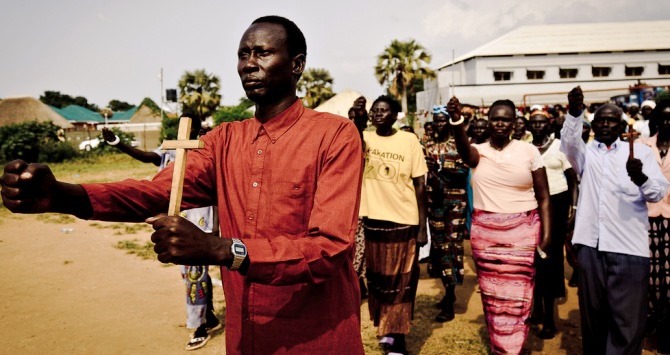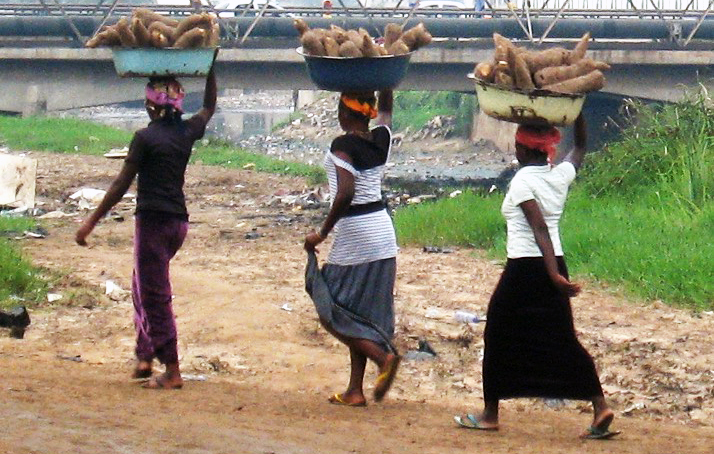At the beginning of this month, a group of Development Management students had the opportunity to spend the weekend at Cumberland Lodge in Windsor Park. They not only learned more about the complexity of environmental issues, but also discovered some of the academics’ hidden talents. Ebi Ameli gives an account of the weekend.

After five weeks of what can qualify as the most academically rigorous period of my life, I was relieved to get onto a bus heading to a former royal residence, Cumberland Lodge, for the weekend with 39 classmates. When we arrived, we settled into our rooms and had a good dinner, after which we watched a dispiriting BBC documentary “Drowning in Plastic”, which highlighted the environmental impact of plastic dumping in the world’s rivers. The documentary was thought-provoking and it reminded us that we were not on vacation. Professor Teddy Brett took the opportunity to remind us of the “five R’s” that we need to engage in our interaction with plastics (Reduce, Reuse, Refuse, Repair, Recycle).
The weather was pleasant the next morning and we had the best breakfast: a full English breakfast that delights the heart! A lecture by Adam Brett came soon after, and we learned about the business behind growing and scaling environmentally sustainable small businesses in West Africa and Asia. There was a second lecture by John Severs, during which we discussed the different economic outcomes arising from two similar state-led economies with big oil industries, Trinidad and Tobago and Nigeria. We discussed how two countries, although deploying the same macroeconomic policies of state-led development in the oil sector, can have two different outcomes. This topic was close to home because I’m from the Niger-Delta region of Nigeria and I have seen, first-hand, the economic devastation and deprivation in those communities caused by poor institutions and incompetent public-sector management.
Time flew by and it was time for another break. We enjoyed an amazing lunch of lasagne, and the weather was surprisingly sunny and beautiful. There was limited time to rest, so we took advantage of the warmth and headed over to the famous Windsor Castle. We explored the lush green grass of the Great Windsor park alongside deer, horses and cows on the 3-hour-long walk to the royal abode.
We returned to yet another intelligent lecture by Pon Souvannaseng about the mismanagement of dams around the world. We learned about the incentives, prices, funding and environmental impact of dams in Laos. Among the several important points raised, she concluded by stating that environmental analysis should go beyond compensation (resettlement impact) and beyond conservation and that there should be a critical approach to examining the political economy of development finance, specifically, which should include the socio-environmental dimension. After all, we were all students of Development Management.
Dinner ensued, then drinks and coffee, after which the royal residence came alive with blasts of music from different cultures. Music by Nigeria’s Davido featured, and I was impressed to see happy colleagues and professors busting out dance moves.
We also tried sports. I played Foosball for the first time with my team and we won (thanks Beata). I was less impressive at table tennis, however, or it could be that Professor Teddy Brett lives a second life as a professional table tennis player.
On the last day, some of the class went to the Royal Chapel and met (and even spoke to) the Queen! The rest of the class settled in for an informative lecture on the costs and benefits of capitalist agricultural practice in Ethiopia. We talked about the Ethiopian coffee market and the benefits/disadvantages of the ECX (Ethiopia Commodity Exchange) on coffee trading.
Our trip was nearing the end, so we took beautiful group photos and had the last meal at the lodge. Afterwards, we played the Perspectivity game, which was an amazing way to string everything we had learned throughout the weekend together: It was all about the trade-offs between profit/revenue maximisation and environmental sustainability. It was a beautiful game and I loved the approach. It helped us simulate the decisions that real businesses and world leaders face in determining how to structure their investment policy, while also ensuring that the environment is sustainable. As future leaders, we’re encouraged to be responsible towards maintaining a mindset that is positive towards the environment.
We returned to London feeling positive and momentarily energized to take on school work. It was a beautiful distraction from the London life and was extremely enriching.
_______________
Click through the slideshow below to see more pictures of the weekend, taken by Development Management student Saddi Basnet.
[wooslider slider_type=”attachments” limit=”12″]
Ebi Ameli is an MSc Development Management student in the International Development Department at LSE.
The views expressed in this post are those of the author and in no way reflect those of the International Development LSE blog or the London School of Economics and Political Science.





